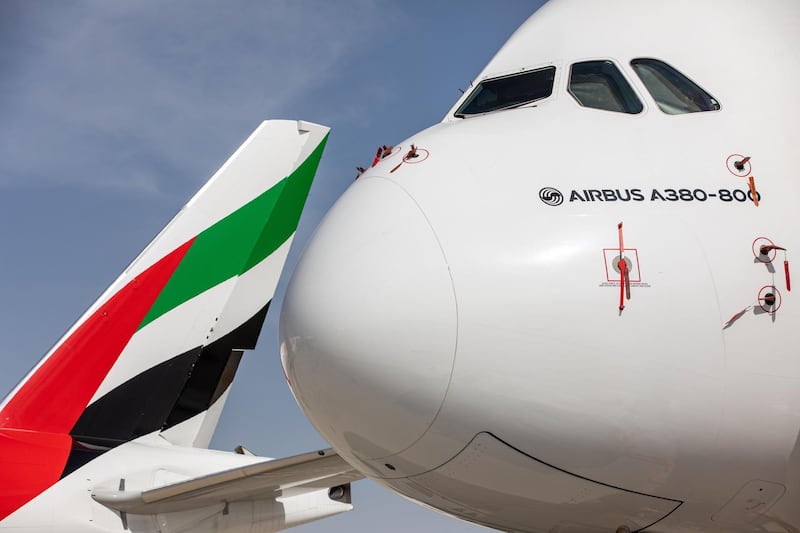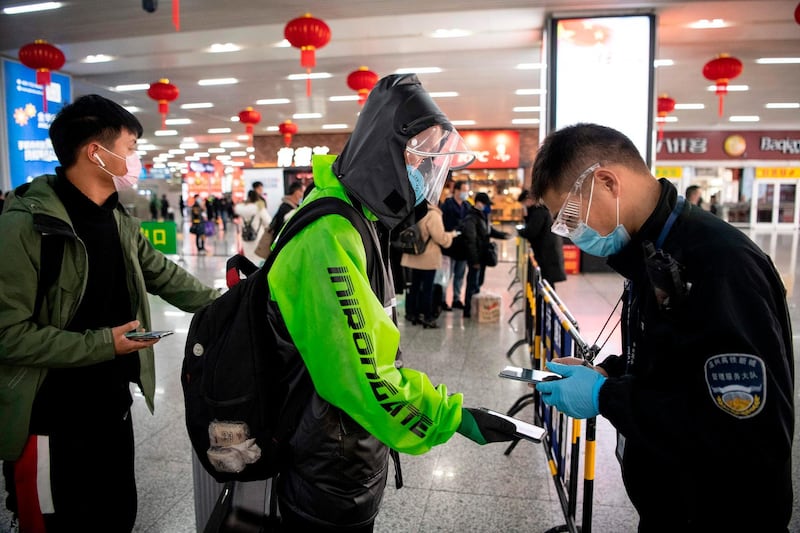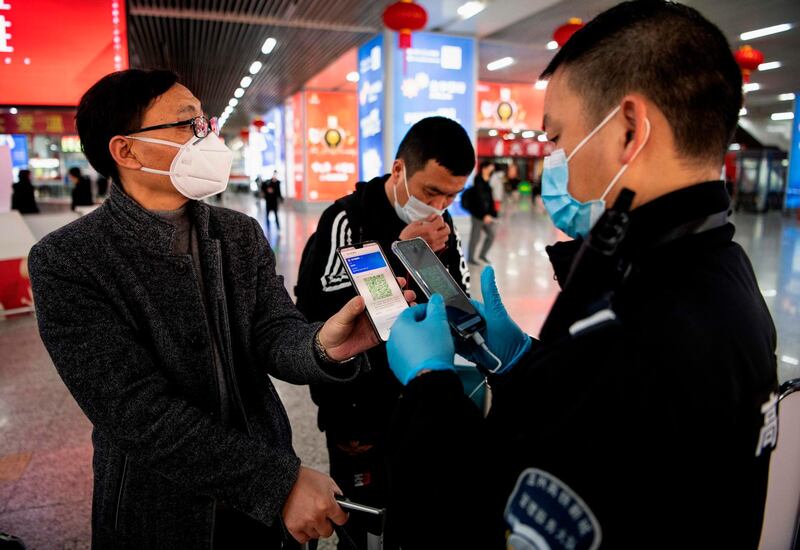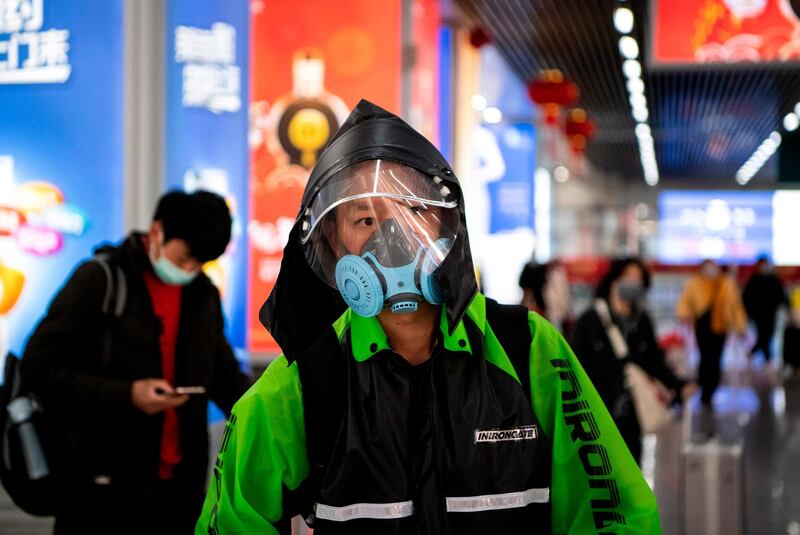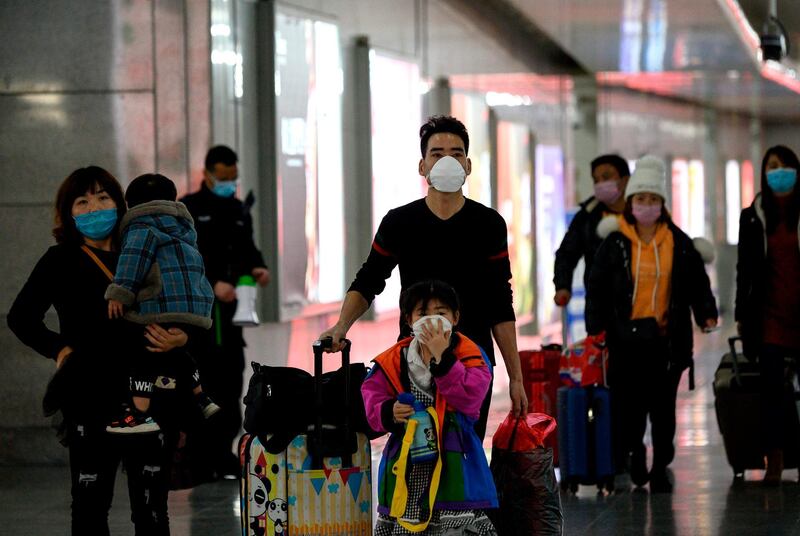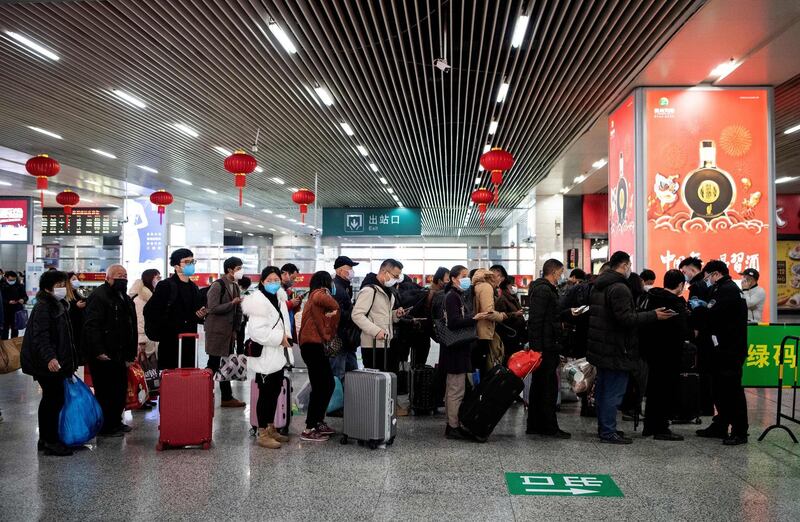Emirates Group, which includes the world's biggest airline by international traffic, has offered its staff the option of taking voluntary leave, joining global carriers in taking measures to address the slide in air traffic demand due to the coronavirus outbreak.
The company asked employees at its 100,000-strong group to consider taking paid and unpaid leave, according to an internal memo seen by The National.
"A particular challenge for us right now is dealing with the impact of Covid-19," the March 1 email said. "We've seen a measurable slow-down in business across our brands and a need for flexibility in the way we work."
The virus has spread to more than 60 countries, prompting the World Health Organisation to raise its risk assessment to its highest level.
Global airlines are forecast to lose an estimated $29.3 billion (Dh107.6bn) in revenue this year, 5 per cent lower than forecast in December, due to an estimated 4.7 per cent decline in travel demand, the International Air Transport Association said in an initial assessment of the coronavirus impact.
Emirates Group, which includes airport services unit Dnata, asked employees who have "accrued a significant balance of annual leave" to consider taking paid leave.
It also offered voluntary unpaid leave to employees in non-operational roles. This option may also become available to staff in operational roles.
"In all cases we strongly encourage you to take up this opportunity if you have the support and approval of your line manager," the email said.
Reuters first reported news of the memo earlier on Sunday.
The move comes after Emirates halted all fights to China, except Beijing, and Iran, based on directives from the UAE General Civil Aviation Authority because of the spread of coronavirus in those countries.
Other airlines have also taken measures in response to the drop in air travel demand. Hong Kong's Cathay Pacific said about 25,000 staff in the group agreed to take unpaid leave through a Special Leave Scheme as its "business challenges remain acute".
Hong Kong Airlines axed 400 jobs and asked staff to take two weeks of unpaid leave per month or switch to three-day weeks. China Southern Airlines asked its pilots to take mandatory indefinite no-pay leave. Singapore Airlines has also been forced to cut its flight schedule.
Many airlines and hotel groups have also warned of a hit to their earnings as the outbreak led to fewer bookings and more event cancellations.
Heightened concern about the spread of the coronavirus has prompted companies and governments to cancel global events, such as Germany's ITB Tourism Fair in Berlin scheduled this month, to protect employees -- further denting corporate travel bookings. The world's biggest property fair, Mipim, yesterday postponed its annual gathering in Cannes, which was due to take place next week.
The deadly virus could wipe out $559.7bn annually from spending on corporate travel this year, which is 37 per cent of the industry's total global expenditure forecast, according to US-based Global Business Travel Association (GBTA).
A poll of GBTA's members showed that nearly two-thirds have cancelled at least a “few” meetings or events while 95 per cent suspended or cancelled “most” or “all” business trips to China. A quarter of respondents said their company cancelled or suspended at least some trips to European countries such as Italy, Germany, and France.
The virus is "fundamentally affecting" the way many companies are now doing business, Scott Solombrino, GBTA’s chief operating officer and executive director, said.
"If this turns into a global pandemic, the industry may well lose billions of dollars — an impact that will have negative ramifications for the entire global economy," he said.
